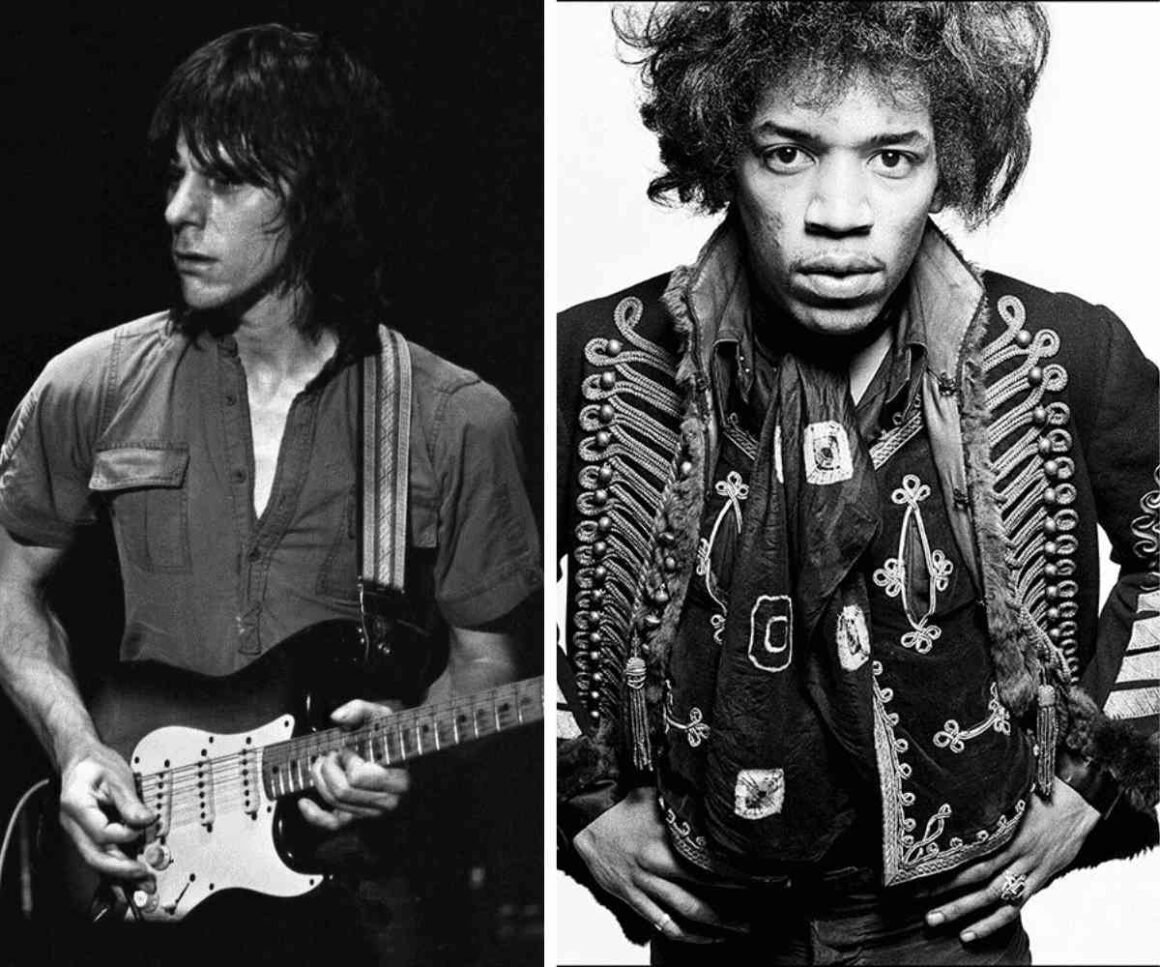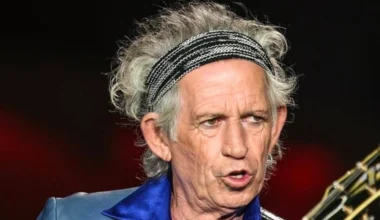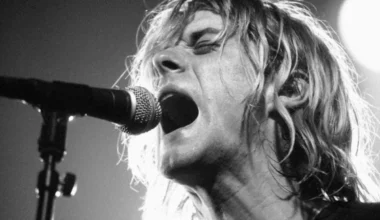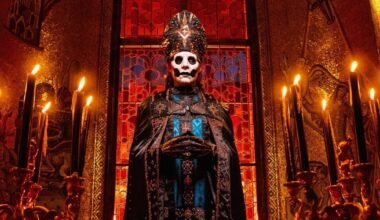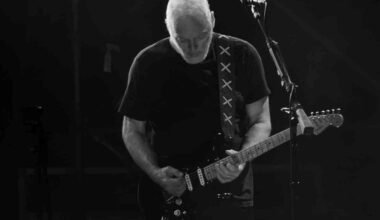For years, a select group of legendary musicians—Jeff Beck, Jimmy Page, Rod Stewart, and later Johnny Depp—shared an elite club of rock’s finest. Their musicianship and innovation were unparalleled, setting them apart from anyone else.
But as they thrived in this exclusive bubble, a new force emerged, threatening to shake their reign—Jimi Hendrix.
The Yardbirds: Pioneers of the Psychedelic Revolution
In the mid-1960s, The Yardbirds were among the vanguard of musical creativity. While The Beatles and The Rolling Stones were making their mark, The Yardbirds introduced a blues-infused sound that embraced the psychedelic wave ahead.
Beck, with his groundbreaking use of distortion and feedback, was the key player in this evolution.
Though his work with The Yardbirds redefined the guitar’s role, Beck’s leap to the Jeff Beck Group took things further. He blended blues with rock, laying the foundation for what would eventually become heavy metal.
Audiences were drawn in by his speed and precision, but those who stayed witnessed the depth of emotion he could evoke through his playing.
The Arrival of Jimi Hendrix
Just as Beck was solidifying his status as a guitar god, another remarkable talent arrived in England. Jimi Hendrix had already made waves in America, playing with legends like the Isley Brothers and Little Richard, but it was the UK that truly embraced him as a solo artist.
His arrival shook the foundation of British rock, and suddenly, Beck had a rival like no other.
Hendrix wasn’t just good—he was revolutionary. His stage presence and daring guitar techniques, like playing solos behind his head or lighting his guitar on fire, took showmanship to a new level.
It was a spectacle unlike anything Beck or his peers had ever seen, and it was intimidating.
“When I saw Jimi, we knew he was going to be trouble,” Beck later recalled. “And by ‘we,’ I mean me and Eric [Clapton], because Jimmy [Page] wasn’t in the frame at that point.”
A Guitar Showdown
Beck first witnessed Hendrix’s magic during one of his early UK shows, and the experience left him in awe. Beck admitted that the performance was “devastating” because Hendrix “did all the dirty tricks” to put himself above the rest.
Reflecting on the moment, Beck noted that while he shared Hendrix’s competitive fire, Hendrix delivered it in a way that paired raw talent with beautiful, captivating songs.
Despite the initial fear, Beck’s admiration for Hendrix soon blossomed. They crossed paths in jam sessions and occasionally shared stages, moving from competitors to mutual admirers.
Although they may have seemed like rivals on paper, their relationship was built on mutual respect, with each musician learning from the other.
From Fear to Friendship
What began as a moment of fear and uncertainty turned into a deep bond. Beck and Hendrix, both pioneers in their own right, found common ground in their shared artistry and love for the guitar.
The once daunting presence of Hendrix evolved into a source of inspiration for Beck, proving that even legends can still learn from one another.

